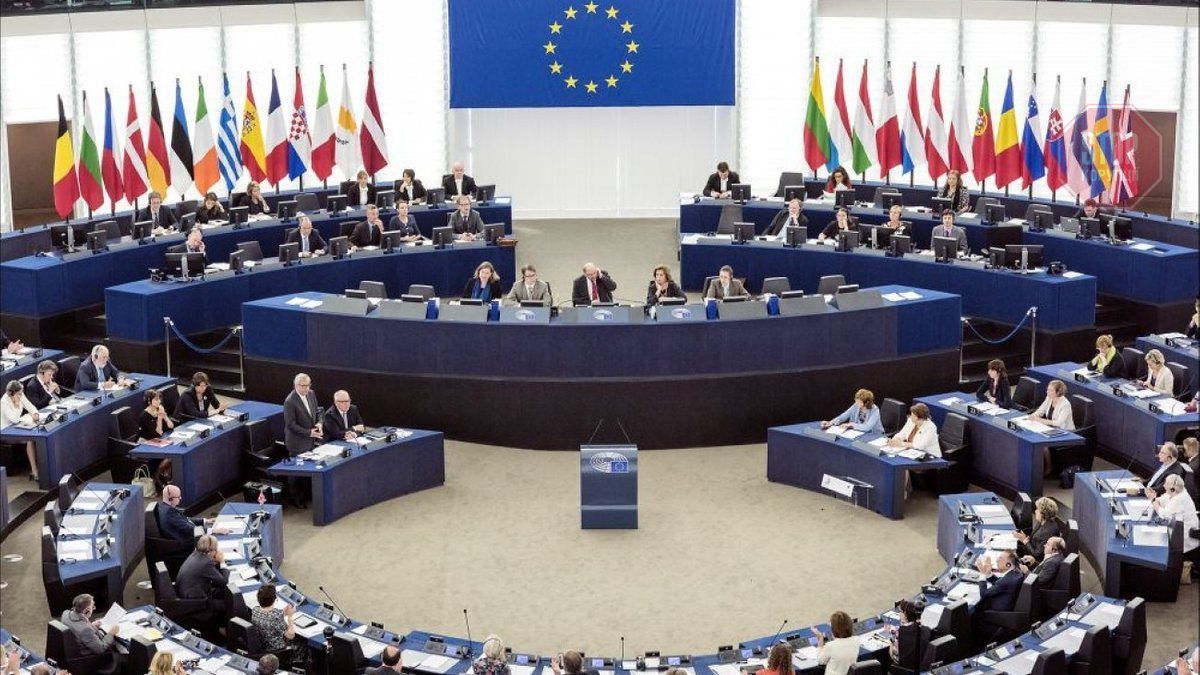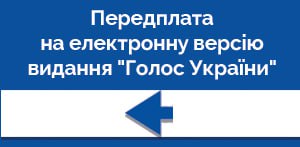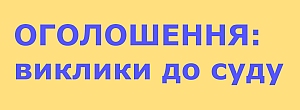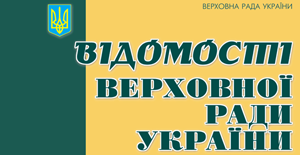It is important for Ukraine, Kuleba underscores, that one of the basic approaches to the issue of relations with the Russian Federation is the impossibility to resume normal mutual cooperation until the Kremlin ends its aggressive policy and the hybrid warfare against the European Union and the Eastern Partnership countries one of which is Ukraine and until the territorial integrity of Ukraine, Moldova and Georgia is restored within their internationally recognized borders.
At its plenary session held on September 16, the European Parliament approved by the majority of vote the report on the state of political relations with Russia. In the report, the European Parliament calls the countries of the bloc not to recognize the legitimacy of the State Duma of the Russian Federation if the results of the three-day parliamentary elections which are to be held September 17 through 19 will be falsified.
The document drafted by the European Parliament Committee for Foreign Affairs was supported by 494 deputies with 103 voting “against” and 72 members abstained from voting.
“… the current Russian regime is threatening peace and security in Europe by continuing with systemic human rights violations against its people and aggressive behaviour in its foreign policy, including … the illegal and violent occupation and annexation of Crimea; … cyber attacks and attacks on sensitive infrastructure in EU Member States; violations of international law..,” reads the document published by the European Parliament on its website.
The authors of the report believes that “the situation in Russia is deteriorating dreadfully because of President Putin’s increasing repression of democratic forces, the aim of which is to silence his domestic critics, … limit their freedom of assembly and obstruct their activities.”
President Putin’s regime “is a stagnating authoritarian kleptocracy led by a president-for-life surrounded by a circle of oligarchs” whereas the economy of Russia is dependent on oil and gas exports, “non-competitive” and lives in the conditions of “massive state corruption.”
“… the illegal constitutional amendments, in addition to giving President Putin a waiver from presidential term limits in 2024, further eroded the right to a fair trial in Russia, including by giving the president the power to nominate the judges of the Constitutional and Supreme Courts.”
In this connection, the report says, “The EU must be prepared not to recognise the Parliament of Russia and to consider asking for Russia’s suspension from international organisations with parliamentary assemblies, in particular the Parliamentary Assembly of the Council of Europe, if the 2021 parliamentary elections in Russia are recognised as fraudulent and having been conducted in violation of democratic principles and international law.”
In the view of the European Parliament, the forthcoming parliamentary elections in Russia “cannot be considered fair” as the Russian authorities have increased repressions and eliminated political competition repeating the scenario of the Belorussian dictatorship of August 2020.
The EU should “condemn any attempt by President Putin to remain in office beyond the end of his current and final presidential mandate on 7 May 2024” and develop a detailed strategy of reducing dependency on Russian oil and gas.
And, finally, the European Union member-states “should be ready to use its leverage and call for the exclusion of Russia from the SWIFT payment system to deter the Russian authorities from engaging in further aggressive behaviour and should be prepared to phase out its imports of oil and gas from Russia if the Russian authorities continue their threats against Member States and military action against EaP countries in the neighbourhood.”
The Kremlin, of course, has criticized the report of the European Parliament. Dmitri Peskov, the press secretary of the Russian President, has accused Europe of unwillingness to maintain dialogue with Moscow.
The newspaper Voice of Ukraine










